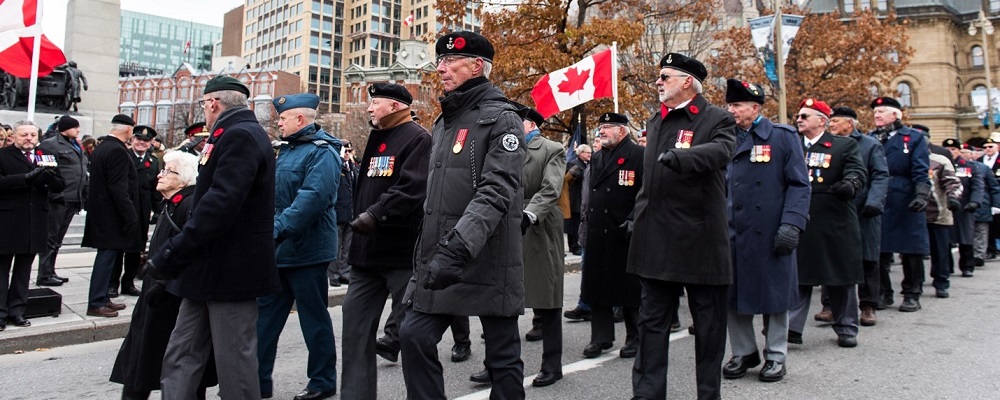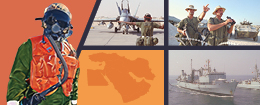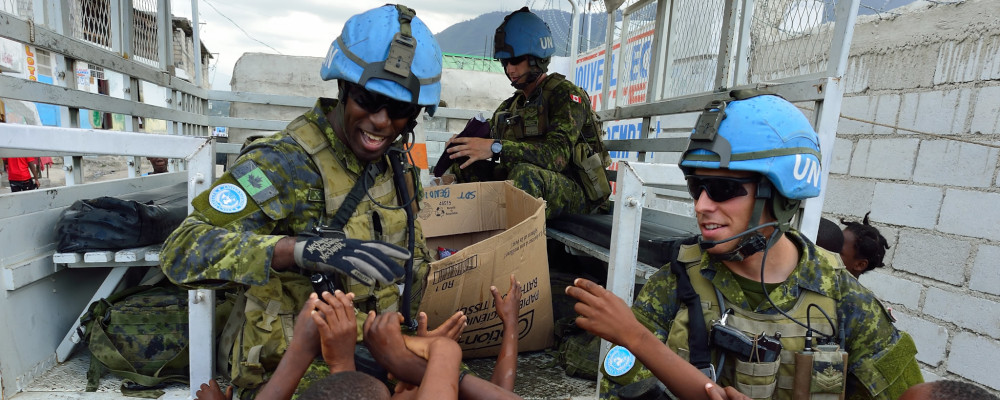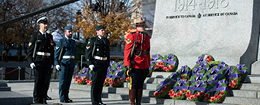Find information on commemorative events that honour the sacrifices of Canada’s Veterans.

Check our calendar of events to find activities and ceremonies taking place throughout the year.
Featured events
Upcoming events and anniversaries
Annual events
These events of remembrance occur every year.
-
9 April
-
Vimy Ridge Day
The Battle of Vimy Ridge was fought from 9-12 April 1917. Canadian soldiers from coast to coast to coast came together to achieve a remarkable victory.
-
1st Sunday of May
-
Battle of the Atlantic Sunday
The Second World War’s Battle of the Atlantic was the longest campaign of the war. Canadian sailors and aviators played a leading role in this vital struggle at sea.
-
29 May
-
International Day of United Nations Peacekeepers
More than 125,000 Canadian Armed Forces members have taken part in international peace missions since the late 1940s.
-
27 July
-
Korean War Veterans Day
More than 26,000 Canadian soldiers, sailors and aviators served in the Korean War between 1950 and 1953.
-
9 August
-
Canadian peacekeepers have served all over the world to restore and maintain peace.
-
3 September
-
Merchant Navy Veterans Day
The Allies could not have won the Second World War without the 12,000 brave Canadian Merchant Navy sailors who served in the Battle of the Atlantic.
-
3rd Sunday of September
-
Battle of Britain Sunday
The Second World War’s Battle of Britain took place in the skies above the United Kingdom in 1940. More than 100 Canadian pilots took part, and 23 lost their lives.
-
5 – 11 November
-
Every year during the lead up to Remembrance Day on November 11, we honour those who have served Canada in times of war, military conflict and peace.
-
8 November
-
First Nations, Inuit and Métis people have a long and proud tradition of military service in Canada. Indigenous Veterans Day is a special opportunity to recognize their contributions and sacrifices over the years.
2026
In 2026, we will commemorate many anniversaries and milestones, including events that reflect this year’s Canadian Armed Forces (CAF) in the Middle East theme.
Events for this year are yet to be determined.
2027
In 2027, we will commemorate many anniversaries and milestones, including events that reflect this year’s Canadian Armed Forces (CAF) in Europe theme.
Events for this year are yet to be determined.
2028
In 2028, we will commemorate many anniversaries and milestones, including events that reflect this year’s Canadian Armed Forces (CAF) in Asia theme.
Events for this year are yet to be determined.
2029
In 2029, we will commemorate many anniversaries and milestones, including events that reflect this year’s Canadian Armed Forces (CAF) in Africa theme.
Events for this year are yet to be determined.



